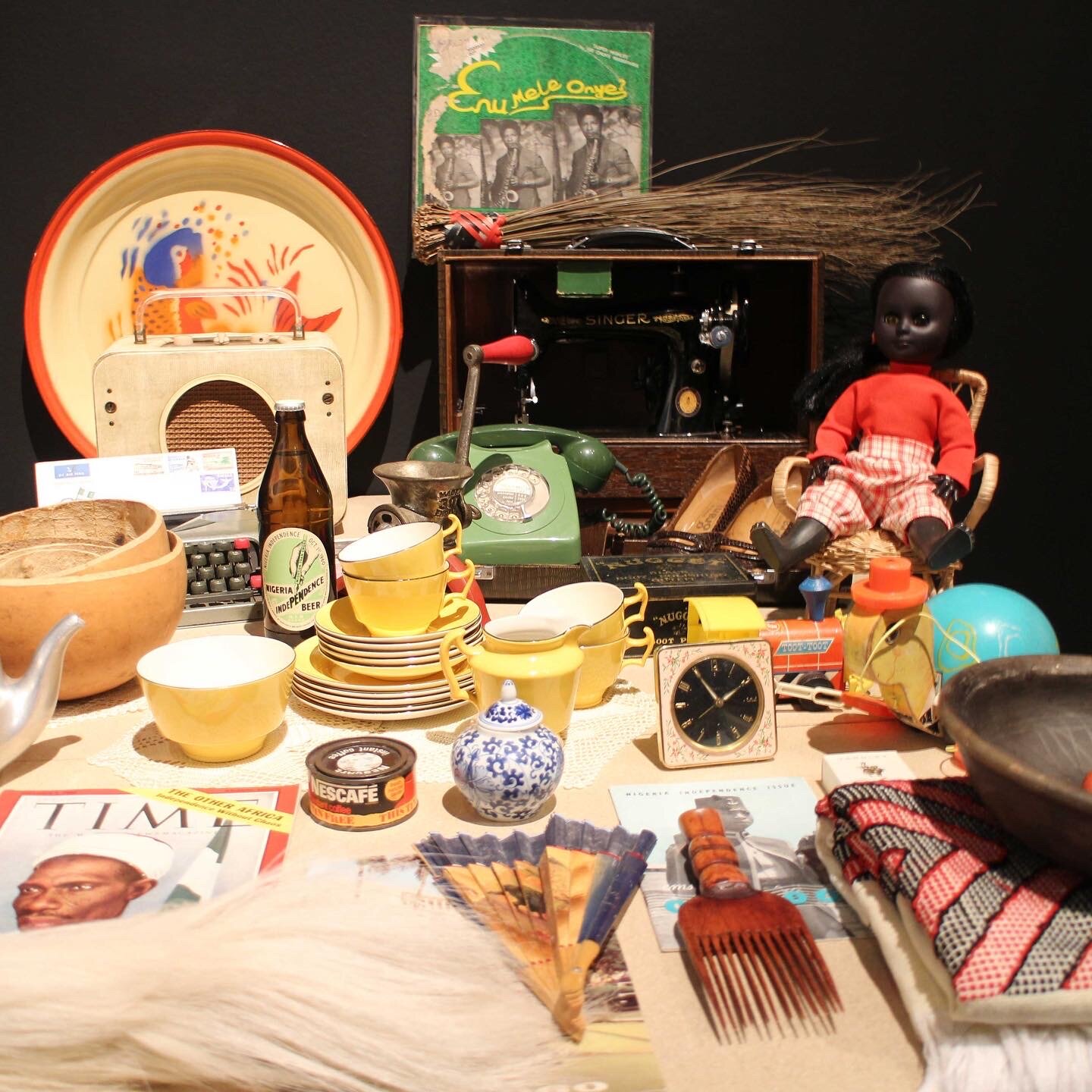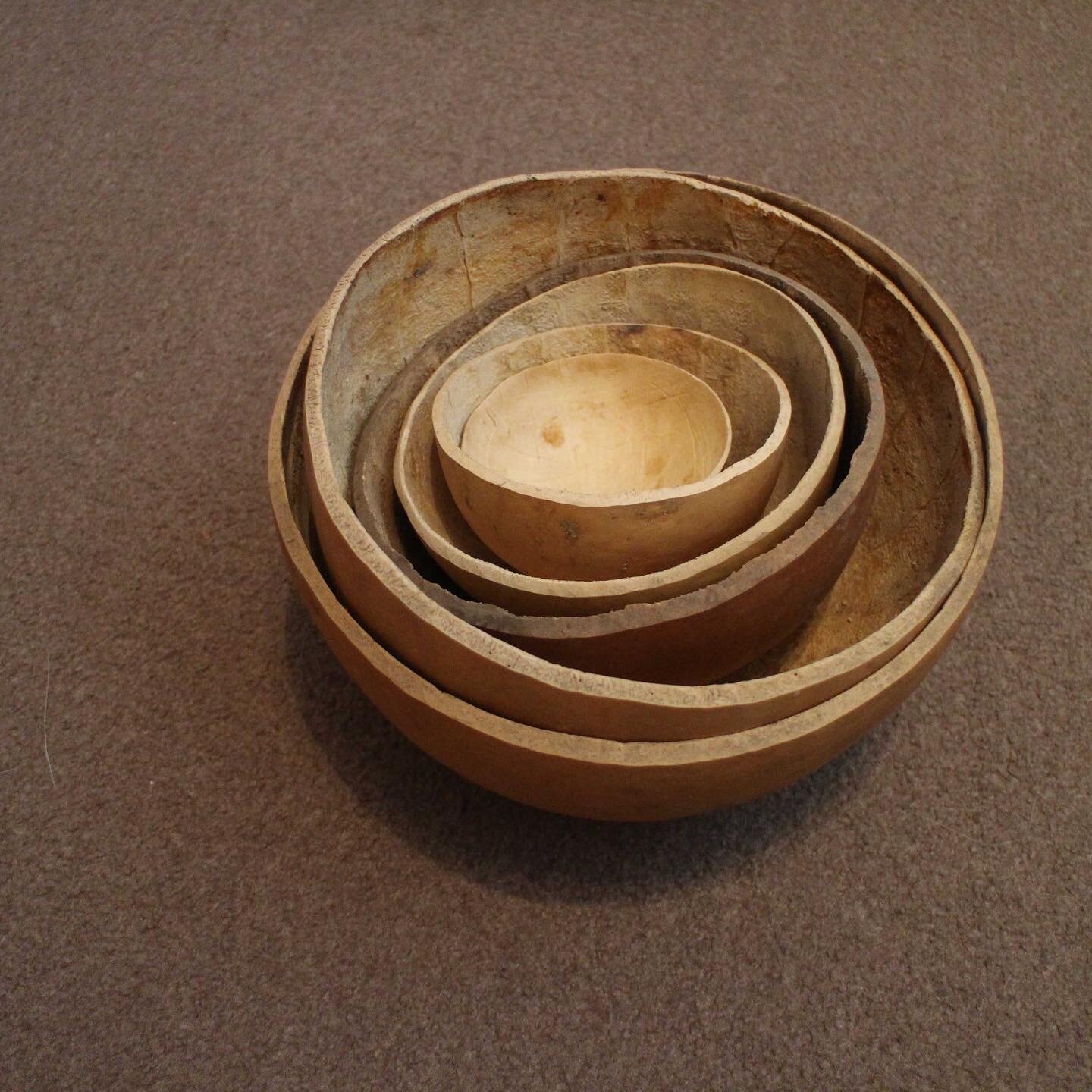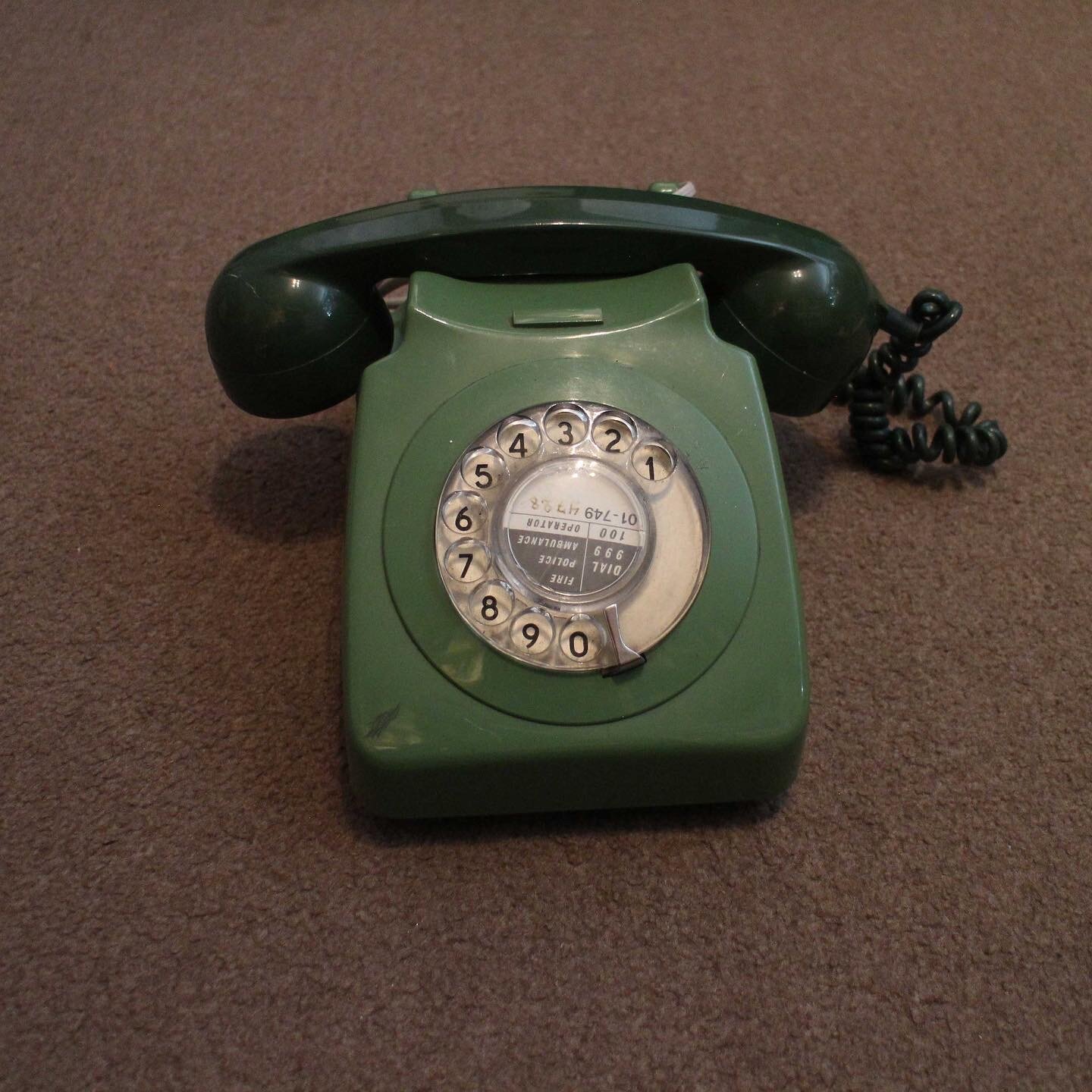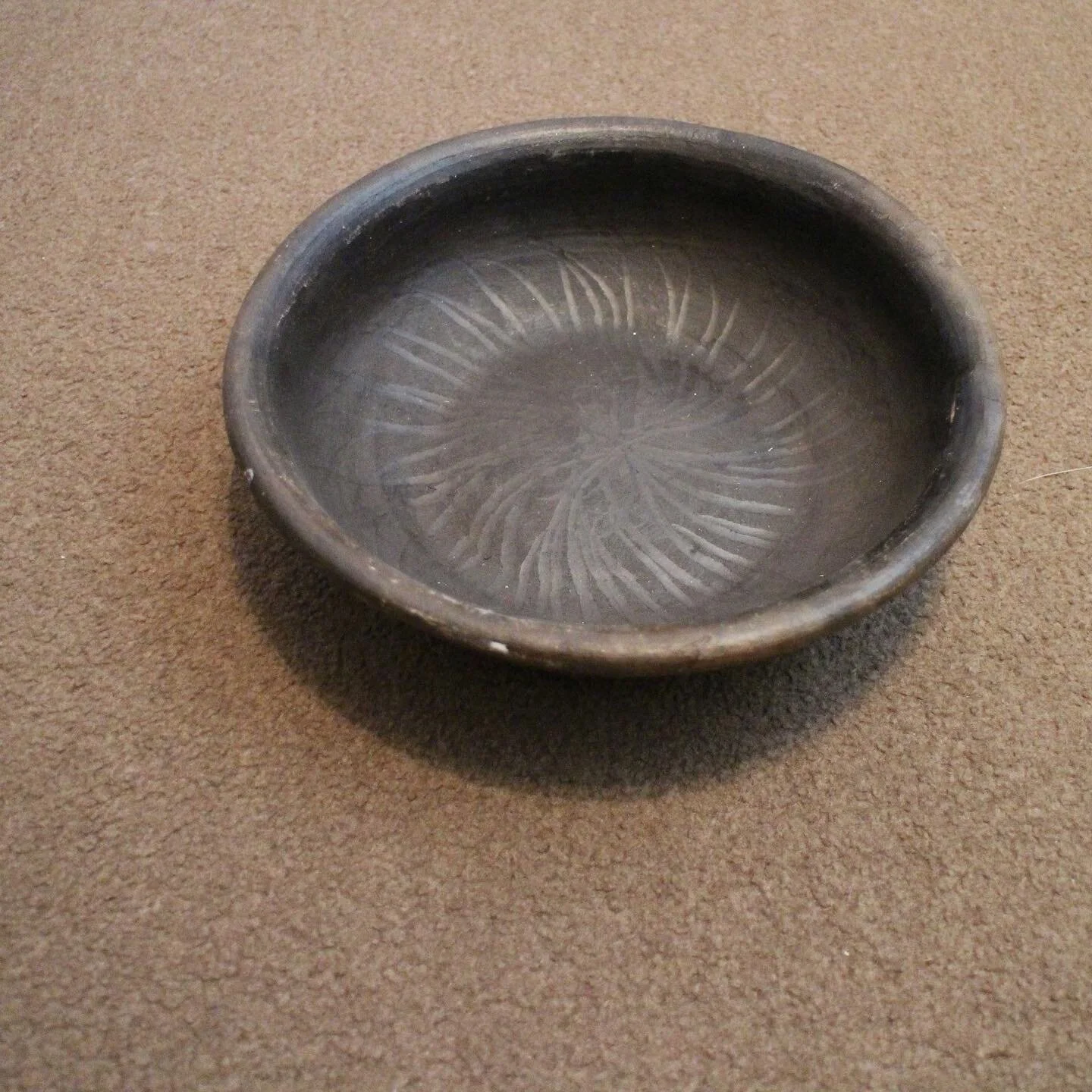Private Atlas: Nigeria 1960
Private Atlas: Nigeria 1960 is an assembly of everyday objects from the year of Nigeria's independence 1960, and explores how we relate to our possessions and how political changes affect our identity and ownership of status, culture and image.
Do I like it?
What does it tell of me?
The items we own belie aesthetic and social choices we make every day. Mere objects define, influence and characterise our personae.
Nigeria 1960: The feeling of change was palpable...you could smell it in the air. It was a time of hope, pride and belief in the future. But more importantly we had a strong belief in ourselves and our choices. African highlife and Apala music were increasingly popular and we drew global influences from calypso and mambo playing to music halls filled with young people dancing till the early morning. With the advent of change came an appreciation of one's own culture and identity.
Our languages were spoken in the open and no longer considered 'vernacular'. We wore handwoven Akwété cloth daily.
The clay pot took pride of place on the dining table alongside porcelain, no longer relegated to the dark corners of the kitchen.
The country's independence would spark a long and convoluted relationship with how we related to objects we made and non-traditional objects we purchased.
These choices speak of the value, integrity and belief placed on our aesthetic ownership of our collective identity.










Private Atlas: Nigeria 1960 was commissioned and exhibited in the Transform(n)ation section of the exhibition Flow of Forms/Forms of Flow.
Curators: Kerstin Pinther, Alexandra Weigand
03.02.2017 - 12.03.2017
Architekturmuseum TU München, Germany

